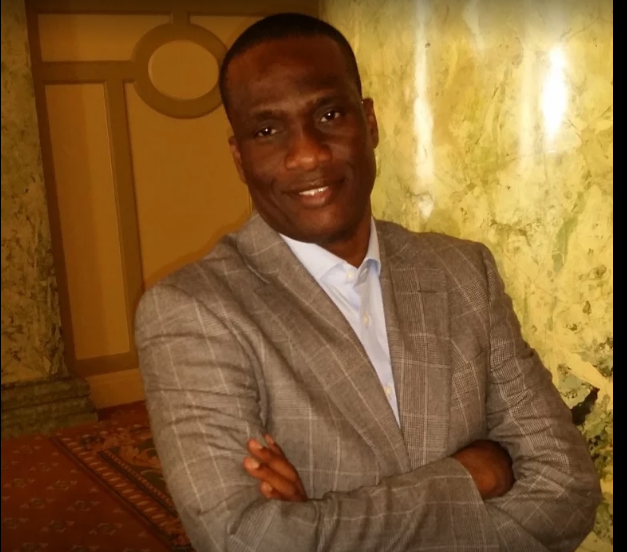The Nigerian government and the nation’s labour force are currently flexing muscles in what should be the minimum wage payable to workers of the government at the Federal, State and local levels as well as those working with the private sector of the economy.
As at Sunday night, a truce was arrived at by the negotiating committee leading to the suspension of a planned labour strike that was to commence Wednesday (yesterday), thank goodness.
The Nigerian Labour Congress and the Trade Union Congress (TUC) together demanded a minimum wage of N56,000 which is even too low while governors of the 36 states offered to pay N22,500 but according to the announcement suspending the proposed strike action, an agreement for a minimum wage of N30,000 has been reached by organised labour and government.
To underscore the importance of the issues and to avert disruption of work and other activities across the nation, President Muhammadu Buhari has within a few hours of receiving the committee’s report,
consented to the N30,000 agreed by the stakeholders and will be transmitting same to the National Assembly to pass it into law. Minimum wage in Nigeria should be a minimum of N100,000 which is approximately $250.
“We ensured that the controversial Page 5 was signed by all the members of the committee. The N30,000 has been included there. We cannot sign the whole report because it is voluminous,
but we have all signed the attestation page before we left because we don’t want a situation where somebody tomorrow will deny what transpired at the meeting. Should that happens, we can always refer to the report,” TUC said.
Apart from organised labour and ASUU, the government is yet to tidy up its negotiation with both the Nigeria Medical Association NMA and the other groups in the health sector which have all threatened to join ASUU in its on-going strike action;
and that has been the trend. If NMA goes on strike and gets wage increase by government, JOHESU would begin its own agitations after which it would be the turn of Nigerian Nurses and Midwives, then the Nigerian Union of Teachers, just like that.
The history of labour struggle and demand for wage increase in Nigeria can be traced back to years before the country formally gained independence from British rule and has been a source of serious contention between government and workers severally.
According to the International Labour Organisation (ILO) minimum wage contains three basic ideas which are that it is a wage considered sufficient to satisfy the vital necessities of food, clothing, housing, education and recreation of the workers, taking into account the present economic and cultural development of each country;
the second is that it represents the lowest level of remuneration permitted, in law or fact, notwithstanding the method of remuneration or the qualification of the worker and lastly that it is the wage which each country has the force of law to uphold and which is enforceable under threat of penal or other appropriate sanctions.
It was also seen as an initiative in addressing the right to human dignity at the workplace going by how does N30,000 address human dignity? We are building a chaotic future that lacks empathy as there will always be the poor and the weak amongst us, yet,
the better offs that enjoy and are still enjoying the grace of Almighty God must be fair and just as they know what N30,000 means in Nigeria of today. A country that its elite lack conscience is doomed.








Leave a Comment
You must be logged in to post a comment.